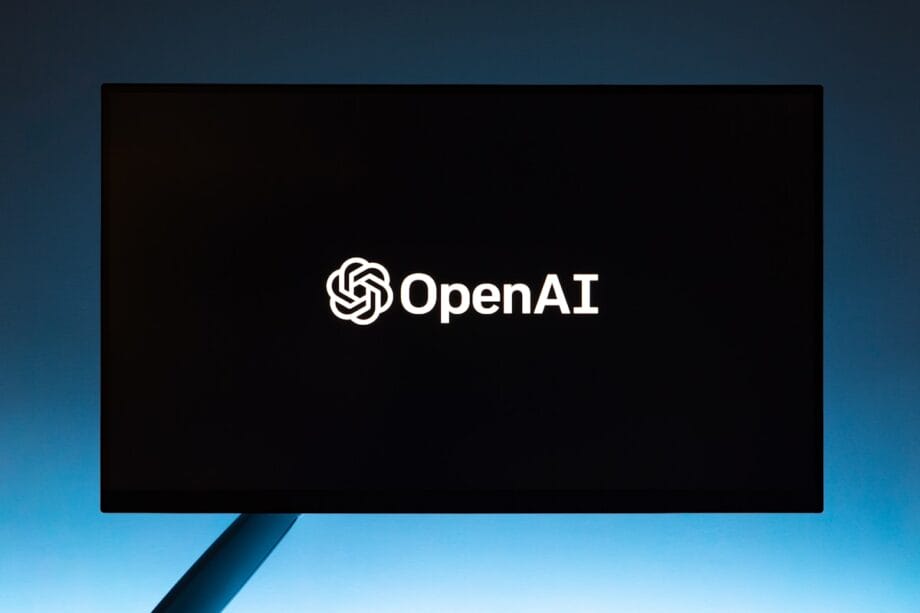OpenAI’s Strategic Appeal to the White House
OpenAI has formally addressed a communication to the White House, detailing potential avenues for governmental assistance regarding its ambitious data center construction initiatives.
The correspondence, dispatched by Chris Lehane, OpenAI’s Chief Global Affairs Officer, was directed to Michael Kratsios, the executive overseeing science and technology policy in the White House.
In his letter, Lehane advocated for the expansion of the Advanced Manufacturing Investment Credit (AMIC) — a generous 35% tax incentive stemming from the Biden administration’s Chips Act.
He implored that this credit be broadened to encompass not just semiconductor manufacturing, but also essential components for electrical grids, AI servers, and AI data centers.
Enhancing AI Infrastructure: Proposals and Justifications
Lehane articulated in his missive, “Extending the scope of the AMIC will diminish the effective cost of capital, mitigate risks surrounding initial investments, and galvanize private capital to eliminate bottlenecks, thus accelerating AI infrastructure development throughout the United States,” as reported by TechCrunch.
OpenAI further requested the expeditious processing of permitting and environmental evaluations pertinent to AI endeavors.
The proposal also included the establishment of a strategic reserve of vital raw materials such as copper, aluminum, and processed rare earth minerals — all crucial for fortifying AI infrastructure.
Although OpenAI initially published this correspondence on October 27, it garnered significant media attention only recently.
Clarifications Following OpenAI’s Public Discourse
The discourse gained momentum after OpenAI executives made statements concerning the desired governmental support from the previous administration. At a recent Wall Street Journal event, CFO Sarah Friar remarked that the government should function as a “backstop” for OpenAI’s infrastructural loans.

However, she later took to LinkedIn to clarify her remarks, stating, “OpenAI is not seeking a government backstop for our infrastructure commitments. My use of ‘backstop’ obfuscated the message.”
Furthermore, CEO Sam Altman emphasized that OpenAI does not pursue nor require government guarantees for its data centers.
Altman articulated, “We maintain that governments should refrain from selecting market winners or losers, and taxpayers ought not to subsidize companies that falter in the entrepreneurial landscape.”
Nevertheless, he acknowledged that discussions regarding loan guarantees have taken place in the context of bolstering semiconductor fabrication facilities within the U.S.
In conjunction with these revelations, Altman outlined OpenAI’s financial aspirations, forecasting that the organization aims to conclude 2025 with an annualized revenue run rate exceeding $20 billion.
He also projected growth into the hundreds of billions in revenue by 2030, backed by commitments totaling $1.4 trillion over the forthcoming eight years.
FAQs
Q1. What specific requests did OpenAI make to the U.S. government in its recent letter?
OpenAI beseeched the U.S. government to widen tax incentives and accelerate approval processes to facilitate AI data center and infrastructure projects.
Q2. Did OpenAI express a desire for financial guarantees from the government?
No, OpenAI clarified that it is not seeking governmental guarantees or “backstops” for its data centers.
Source link: M.economictimes.com.






